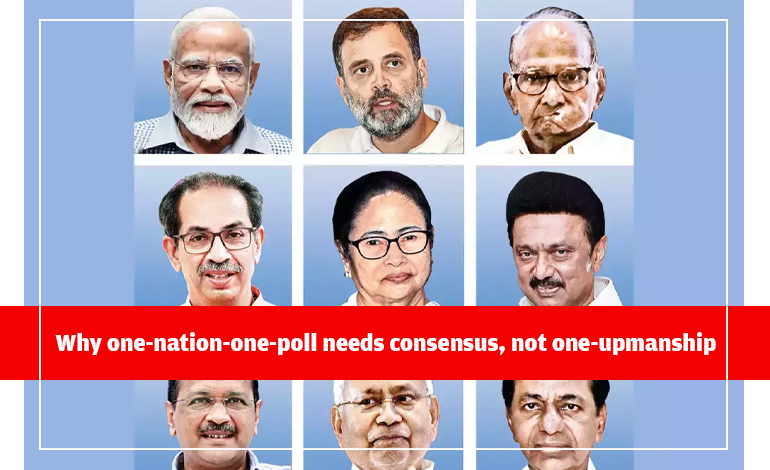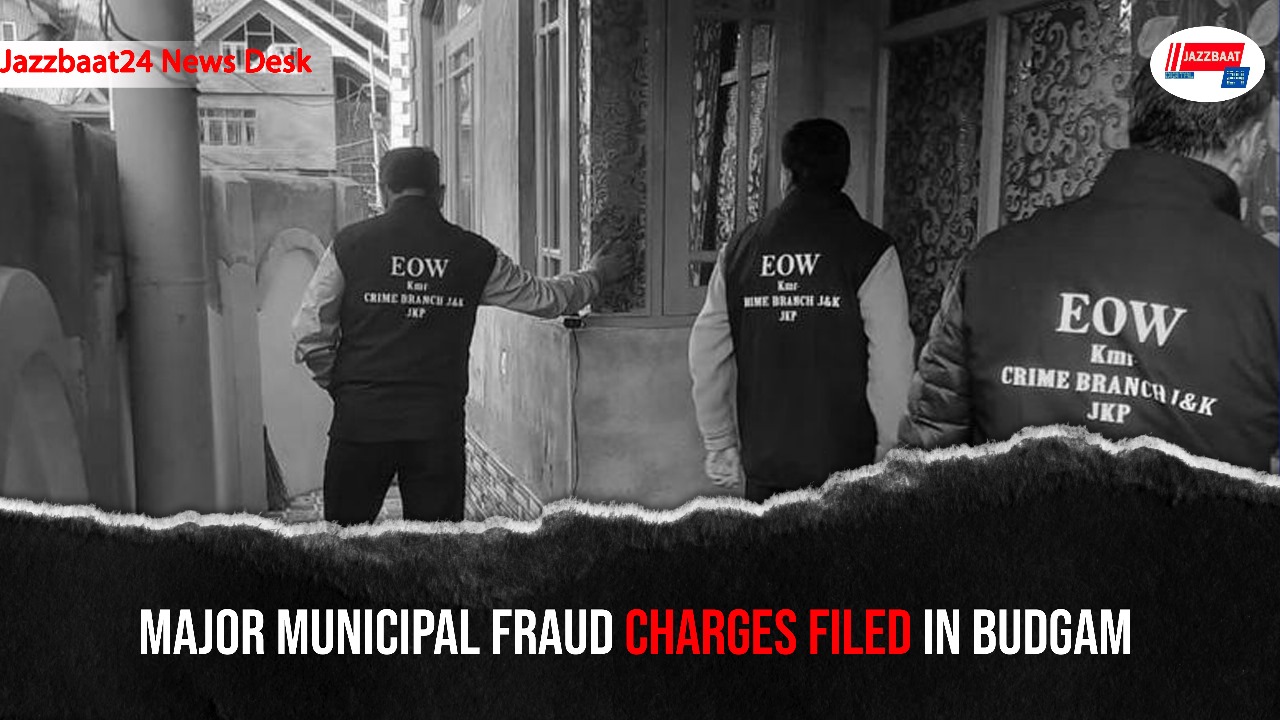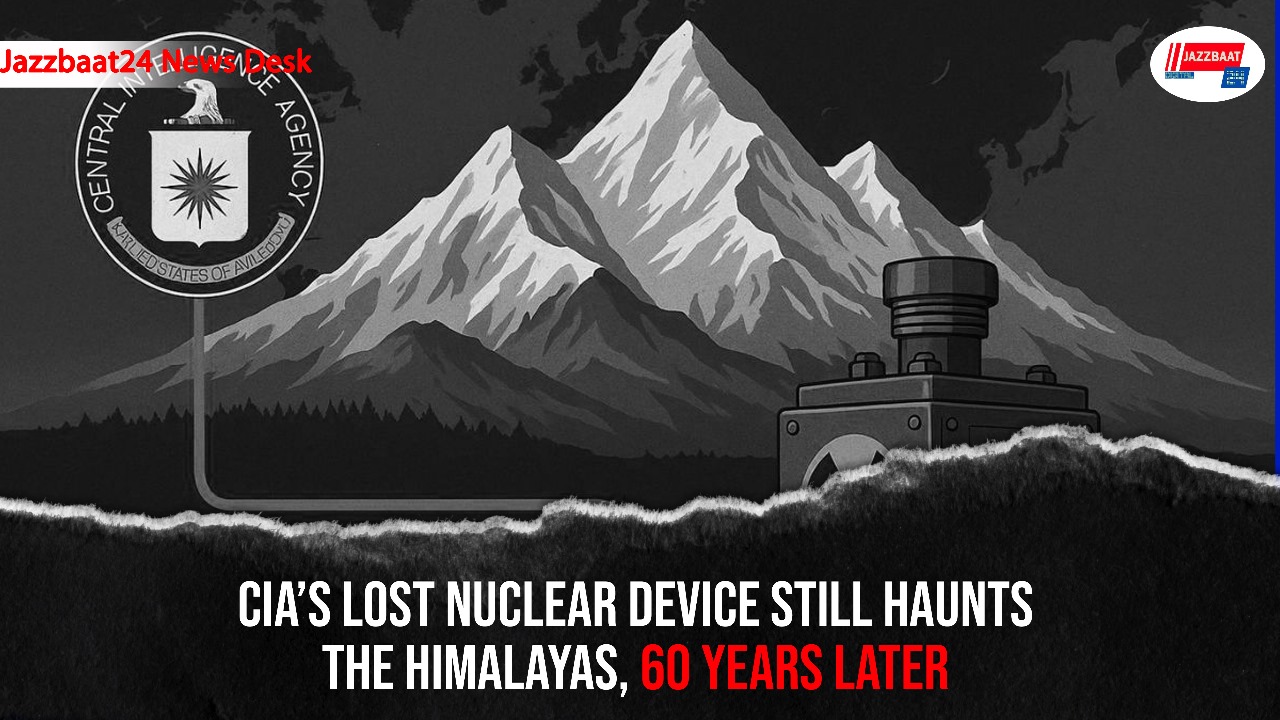The 'One Nation, One Poll' proposal has been making headlines and stirring up debates across India's political landscape. This ambitious idea, which advocates holding all elections - from Lok Sabha to local panchayats - simultaneously, has been both praised and criticized. While the concept has the potential to streamline the electoral process, reduce costs, and minimize disruptions caused by frequent elections, it is far from achieving consensus.
The proposal, in essence, seeks to synchronize the electoral calendar, aligning elections for various levels of government. Proponents argue that this would help in better governance by allowing elected representatives to focus on their roles instead of being in a perpetual state of election mode. However, this proposition is not without its share of controversies and challenges.
The Controversial Aspect:
One of the major criticisms surrounding the 'One Nation, One Poll' proposal is the perception of it being driven by political motivations rather than a genuine desire for electoral reform. Critics argue that it is an attempt by the ruling party to consolidate power by taking advantage of its incumbency at the national level. This skepticism has resulted in a lack of consensus among various political parties, with many viewing it as an attempt to subvert federalism.
Another concern is the logistical nightmare that simultaneous elections present. India's sheer size and diversity make the organization of such a vast electoral exercise a Herculean task. Ensuring that elections across the country are conducted smoothly, transparently, and securely at the same time would require meticulous planning, coordination, and resources.
The Hurdles to Overcome:
Conducting 'One Nation, One Poll' would necessitate constitutional amendments and legal changes at various levels of government. This, too, poses a significant challenge. India's democratic system is deeply rooted in its federal structure, with states enjoying a certain degree of autonomy. Altering this balance is bound to raise concerns and resistance.
Moreover, the financial implications are enormous. India's election machinery is already among the world's most expensive, and the cost of holding simultaneous elections would be astronomical. Allocating funds and resources to this endeavor in a country where basic needs like healthcare and education remain pressing issues is a matter that demands careful consideration.
Seeking Consensus, Not One-Upmanship:
The 'One Nation, One Poll' proposal, if pursued solely for political gain, risks undermining the democratic principles that India holds dear. It's crucial for the government to prioritize consensus-building and engage in open dialogues with all political stakeholders to address their concerns and apprehensions.
What India needs is a well-thought-out and inclusive approach to electoral reform. A hasty implementation of the 'One Nation, One Poll' concept could do more harm than good, potentially destabilizing the democratic fabric of the nation. Instead, a phased approach to synchronize elections, starting with local bodies and gradually moving upwards, might be a more realistic and acceptable way forward.
In conclusion, the 'One Nation, One Poll' proposal has the potential to reshape India's electoral landscape, but its success hinges on achieving consensus among all political parties and stakeholders. The government must prioritize the democratic values that underpin the nation and engage in a constructive dialogue to address concerns and challenges. While electoral reform is necessary, it should not come at the cost of political one-upmanship but through a shared vision of strengthening India's democratic foundations.





